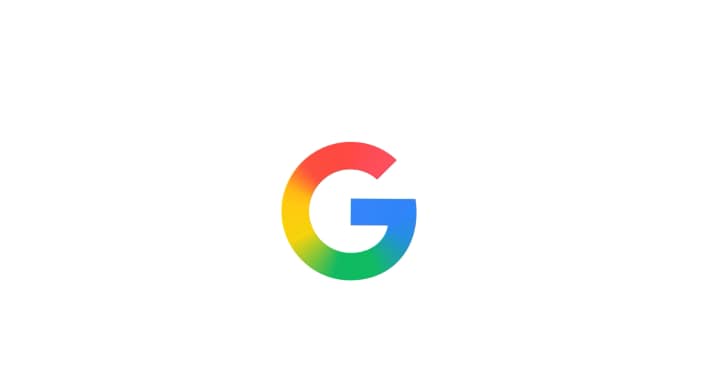Digital
Why OpenAI is hiring 100 ex-bankers: Inside the ChatGPT-maker's secret project to automate Wall Street's grunt work

Google recently faced internal and public scrutiny after reports indicated the company's new health benefits policy appeared to condition employee health coverage on sharing sensitive medical data with a third-party, AI-powered platform called Nayya.
Internal documents reviewed by Business Insider suggested that US employees needed to consent to allow Nayya, an external tool designed to suggest personalized benefits packages, to access their medical claims data for health coverage enrollment through Alphabet. The initial policy wording reportedly implied that staff who declined to use Nayya would be ineligible for health benefits altogether.
This mandate triggered significant privacy concerns among staff. Employees took to internal forums to question the coercive nature of the requirement, with one post describing the need to share medical claims with a third-party AI without an opt-out as a "very dark pattern" that undermined consent.
In response to the controversy, Google quickly revised the policy language and issued a clarification. As per reports, a company spokesperson confirmed that the original wording on its HR site was inaccurate, stating, “Our intent was not reflected in the language on our HR site. We’ve clarified it to make clear that employees can choose to not share data, without any effect on their benefits enrollment.”
Spokesperson Courtenay Mencini stressed that participation in the Nayya tool is entirely optional. She noted the system underwent internal security and privacy checks, and that Nayya, the vendor, is legally required to comply with HIPAA regulations, which prohibit the sale or disclosure of personally identifiable health information.
In a wide-ranging interview with Storyboard18, Sorrell delivers his frankest assessment yet of how the deal will redefine creativity, media, and talent across markets.